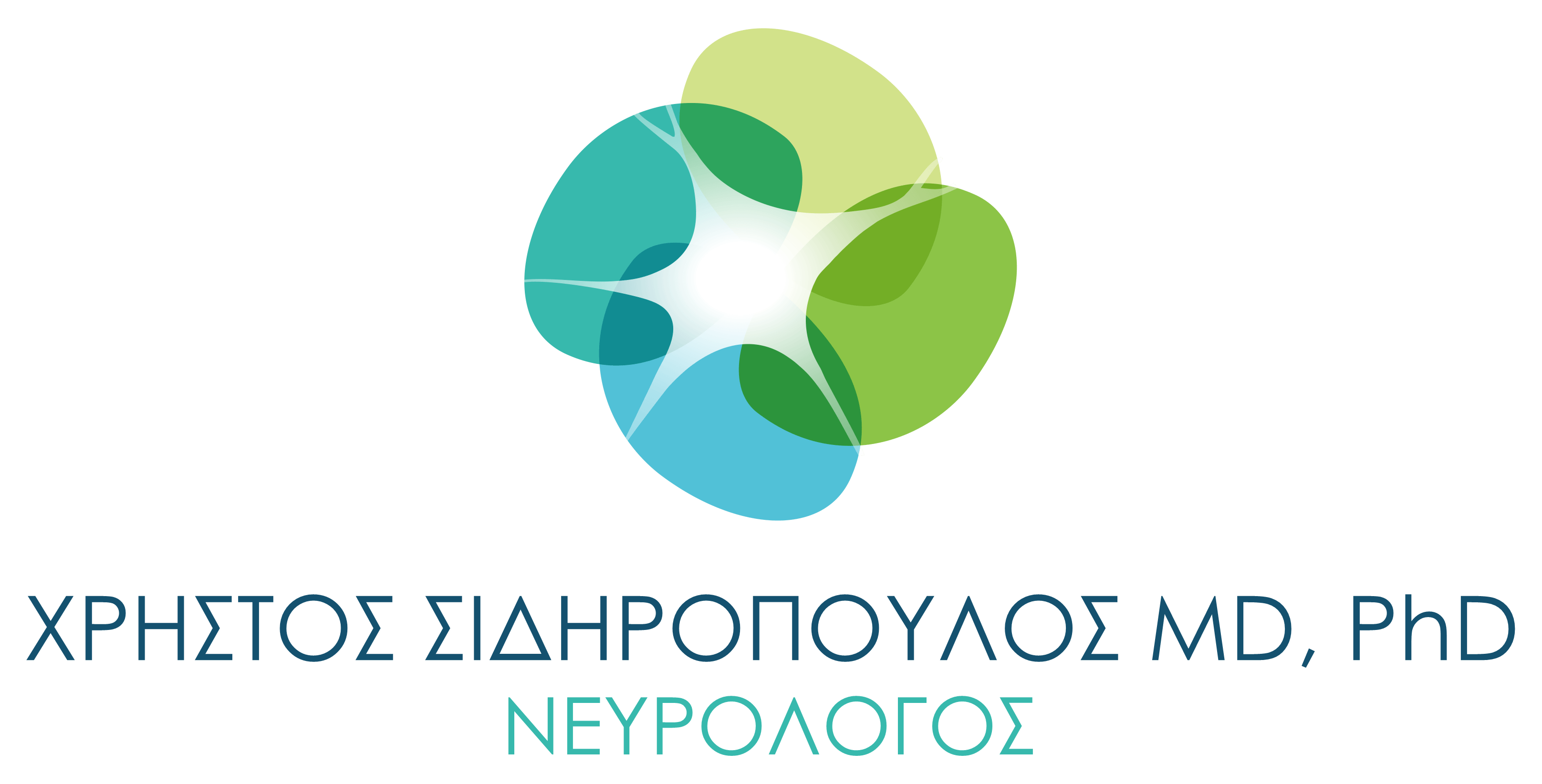Dementias – Memory Disorders
Dementia is a pathological condition, which is characterized by an acquired and severe impairment of mental functions caused by brain damage from various causes. Dementia, according to the World Health Organization, affects 6% of the population over 65 and 45% over 85 years of age.
Dementia is not only the weakening of memory, but also the impairment of at least one more mental function (aphasia, apraxia, agnosia, executive function). Its main symptom is the reduction or loss of recent memory, the decrease in orientation, the difficulty of implementation in the right order, simple actions, but also other problems such as insomnia and aggression.
Dementia is not only the weakening of memory, but also the impairment of at least one more mental function (aphasia, apraxia, agnosia, executive function). Its main symptom is the reduction or loss of recent memory, the decrease in orientation, the difficulty of implementation, in the right order, of simple actions, but also others such as insomnia and aggression. Great developments in the field of treatment are expected in the future due to the huge social need.
The main dementia syndromes are:
- Alzheimer's disease
- Vascular dementia
- Dementia with Lewy bodies
- Dementia related to Parkinson's disease
- Frontotemporal dementia
- Creutzfeldt-Jakob disease
- Reversible dementias, such as in normal pressure hydrocephalus


